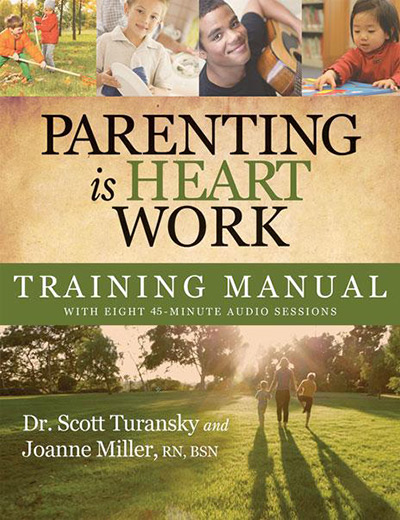Emotions: A Deep Look into the Heart

As parents, it can be incredibly challenging to watch our children struggle with overwhelming emotions. It can feel like our family is constantly walking on eggshells, and the drama can pull us apart. But it’s important to remember that emotional management requires heart work causing many to get Christian parenting help. Understanding a child’s emotional development can help you know how to approach those feelings that often cause internal tension in your child and in your home.
When emotions take a negative turn, they are like flashing lights that inform us of internal activity we can’t see. The flashing lights on a car dashboard help us drive the car the way it’s meant to be driven because we have early warning signs when something’s wrong and needs to be adjusted. We must teach our children how to use their emotions as warning signs, rather than letting them control their actions.
In order to help our children, we need to understand where emotions come from and how they should be managed. Emotions were designed by God to inform and empower us, not to control us. They add color to life, make personalities more unique and vibrant, and can add beauty to relationships.
When we enter the heart, we find desires, emotions, and beliefs. Desires are actively calling out, “I want…” “Give me…” “Feed me…” These desires become a key player in a person’s life that can cause disruption and dominate interaction. Some children continually say “I want this,” and “I want that.” When things don’t go the way a child expects, emotional reactions often result.
Emotions yell, “I feel…” and tend to add or remove energy from a person. Beliefs are the principles held in the heart that govern decisions and reactions. False beliefs often drive poor emotional responses.
But it’s not just about understanding the heart; it’s about using the principles of the gospel to teach our children how to apply biblical principles of emotional management to their lives. As kids learn to follow these principles, they grow into adults who can channel their emotions for good.
So, what can we do as parents to help our children manage their emotions more effectively?
The key to success is to engage in emotional training exercises in your home. Proverbs 22:6, says, “Train up a child in the way he should go: and when he is old, he will not depart from it.” Notice the word “training.” That’s what’s needed. This may not be easy at first, but focus on training instead of correction, and be more positive with your child. In doing so, you actually expand a child’s emotional comfort zone.
This doesn’t mean that children will like the training. Certainly, you’ll explain what you’re doing in the most positive way you can, but the real work isn’t in the talking. It’s in work you do to bring about the change. Strategically applied pressure to help children practice new ways of thinking and acting can help guide children in a positive direction. Children see small steps of progress in themselves. Yes, there will be total meltdowns at times, but there’s only one way forward, and that’s to practice new ways to process life.
An attitude of affirmation and compassion help greatly, but don’t think the work you do is all about giving children what they want to settle down. Emotional flexibility comes from growing stronger under pressure. A careful balance is essential.
Lastly, view your family as a laboratory for growth, not just for your children but also for yourself as a parent. We’re all growing, and emotional health is just a few steps away. Remember that you’re not raising children; you’re raising people who will eventually be adults. You’re not simply raising children to be better behaved. You’re preparing them for adulthood.
In conclusion, emotional management requires heart work, and it’s not an easy process. But when we apply principles from the creator to his creation, we see major change. The message of the gospel is powerful. It changes who we are, what we believe about life, and how we react. Teach your children to apply these principles to their lives, and you’ll see how each solution builds on the previous ones.
Parenting is Heart Work Training Manual with 8 Audio Sessions

Your family is just a few steps away from a miracle—and that miracle starts with YOU!
Listen to nationally known teachers Dr. Scott Turansky and Joanne Miller, RN, BSN as they unpack strategic routines of family life. Learn how to give day-to-day instructions in a way that builds cooperation and responsibility. Hear practical ideas for connecting with your kids emotionally so that their hearts will be soft and teachable. Eight chapters, eight audio sessions, and eight routines that will change the way your child relates. Each chapter has an accompanying 45-minute MP3 that allows you to listen to Dr. Scott Turansky and Joanne Miller teach the material with scenarios and illustrations.



Leave a Reply
Want to join the discussion?Feel free to contribute!